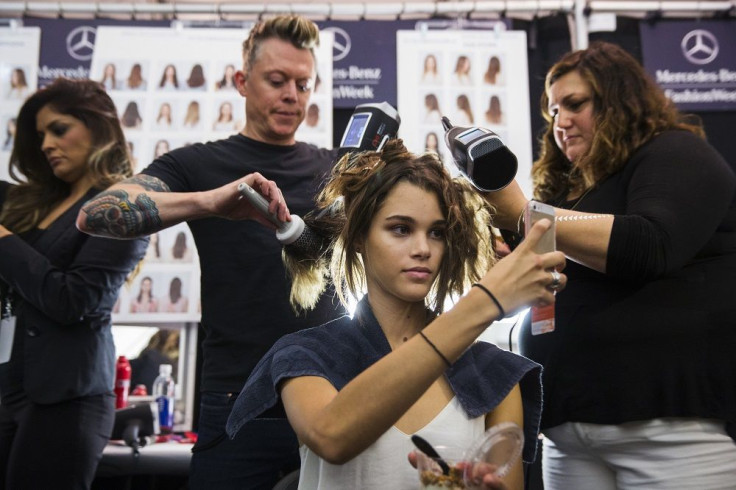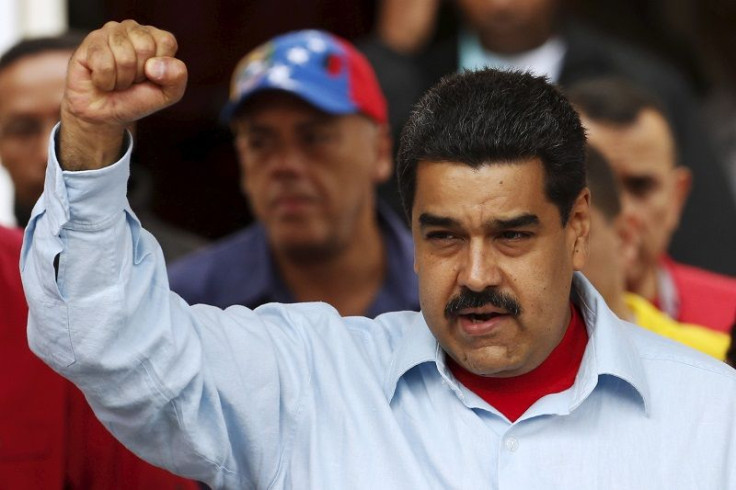Venezuelan President Nicolas Maduro seeks ban on hairdryer use to address energy crisis

Venezuelan President Nicolas Maduro’s ideas to address the country’s energy crisis could get him a thumbs down from women but a thumbs up from employees. That’s because he is proposing a ban on hairdryers and has given workers every Friday off for the next two months.
In justifying the proposed ban on hairdryer use, except on special occasions, Maduro says women look better if they just run their fingers through their hair and let their crown of glory dry naturally. However, The Telegraph notes that Venezuelan women – known to be beauty conscious and top Miss Universe crown holders – disagree with the president’s solution.
Al Jazeera quotes a Venezuelan woman who says, “If the President thinks that not blowdrying our hair is going to help, then the problem is far worse than we thought.”
According to Energyusecalculator, a typical hair dryer on high heat uses around 1,500 watts. If a woman uses a hairdryer daily for 10 minutes, and electricity cost estimated at 10 cents per kWh, the monthly cost is 76 cents, annual cost is $9.12 and kWh per day consumption is 0.25.
The Web site notes that while using a hairdryer daily for a short period of time does not consume a lot of electricity, extended use of the blow dryer on high heat could damage hair. Like Maduro, the portal suggests saving energy by using towel or air to dry the hair instead.
Although Venezuela is an oil-producing country, 75 percent of its power is generated by hydroelectric plants, 50 percent sourced from the Guri Dam. However, drought has caused the water level to go down which caused hydroelectric energy to decline and resulted in long power outages, explains Weather.com.

On Friday, Maduro signed a decree that gave Venezuelan workers Fridays off for the next two months to cut down power consumption by 20 percent. He says the temporary measure aims to allow the beleaguered South American nation through the most difficult period with the most risk. He called on Venezuelans to join the plan with discipline, conscience and extreme collaboration.
The Friday offs followed Maduro’s order to a week-long shutdown during the Easter holiday period.
Besides the planned ban on hairdryer use, Venezuelans have been encouraged not to tumble dry their clothes and instead dry washed apparel on clothes lines. Shopping malls also reduced their operating hours.
Many women consider Maduro’s suggestion a bad hair day for Venezuela. On Twitter, a user quipped, “Don’t dry for me, Venezuela.”





















